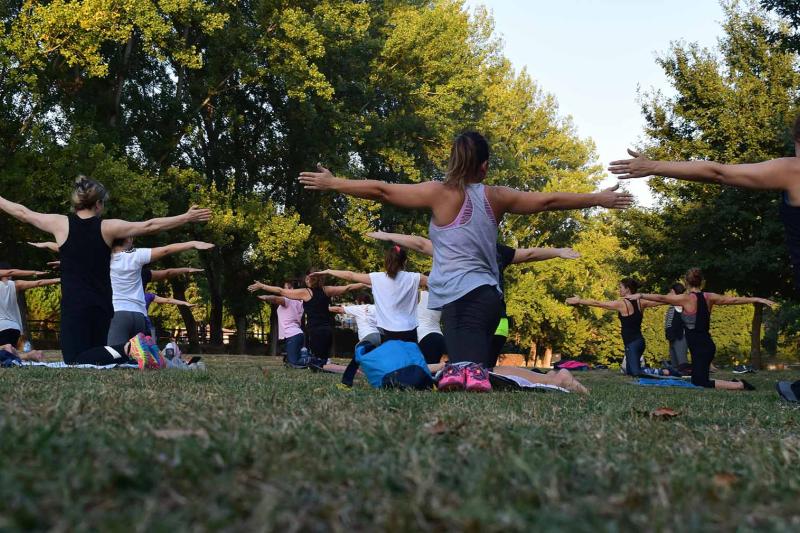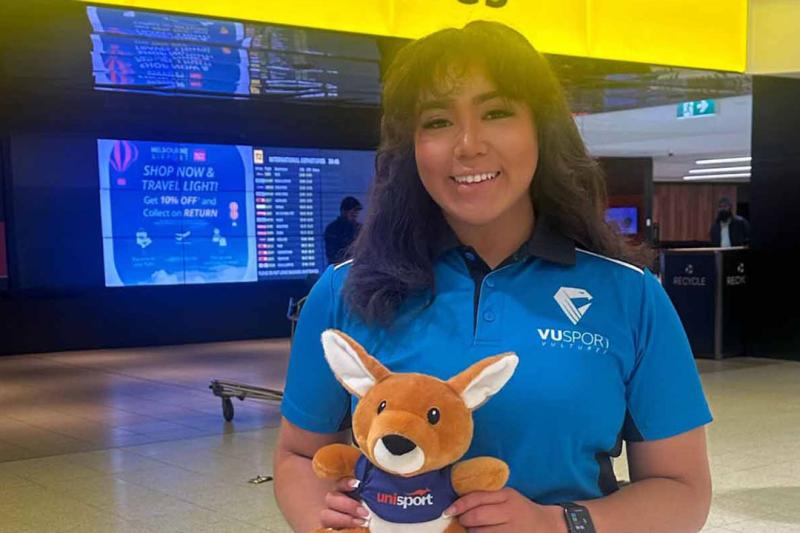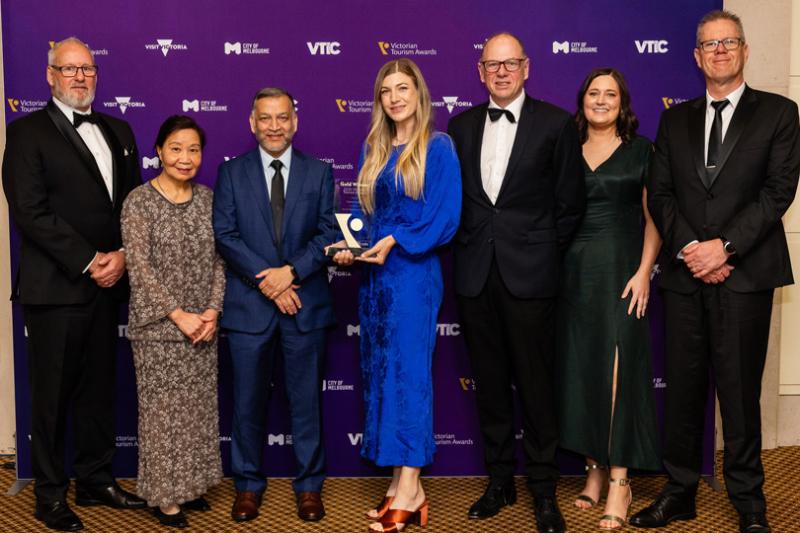Extremism paths for teens investigated

Victoria University terrorism expert Michele Grossman will lead a new project that will investigate varied paths to extremism for young Australians.
A joint venture between Victoria University and Victorian Arabic Social Services, the project will interview people who have had a family member join extremist groups such as Islamic State.
It aims to build understanding of how to support such families, prevent those at risk of radicalisation from leaving in the first place and seek broader understanding about how a young person can lose their way.
Professor Grossman, a countering violent extremism expert and director of the Centre for Cultural Diversity and Wellbeing at Victoria University, said researchers will interview people from 10 families who have had a member travel overseas.
They will also aim to interview people from another 10 families at risk of having a member travel overseas.
“Young people who are leaving, the families have just no idea. Then, all of a sudden, wham, you find out what they've done,” Professor Grossman told The Age.
“Then [family members] start eating themselves up, thinking, ‘Where did I go wrong? What did I miss?”
“It is foolhardy to try to over-profile violent extremism. Every pathway is unique, and we stand to learn more from the anomalies than the consistencies… we're trying to build as rich a picture as possible,” she said.
Professor Grossman hopes the research will reveal new information to authorities – as some family members may not be open with police or intelligence agencies while the fate of their loved ones is unknown.
The Age reports that the number of foreign fighters leaving Australia has dried up in the past year, but the federal government estimates that about 110 Australians are fighting in Syria and Iraq.
Most of those known to have left Victoria for Syria or Iraq are men aged in their late teens or early 20s and from a variety of ethnic backgrounds.
Findings from the research, which has received a $100,000 state government grant, will be used to frame deradicalisation strategies.
“Shared experiences across families are very important, but so too are outlier experiences than can also provide us with vital insights. Families feel very alone with these problems.”
Professor Grossman’s and the project were featured in The Age. Read more: Path to Islamic State: families of radicalised Australians to share stories



